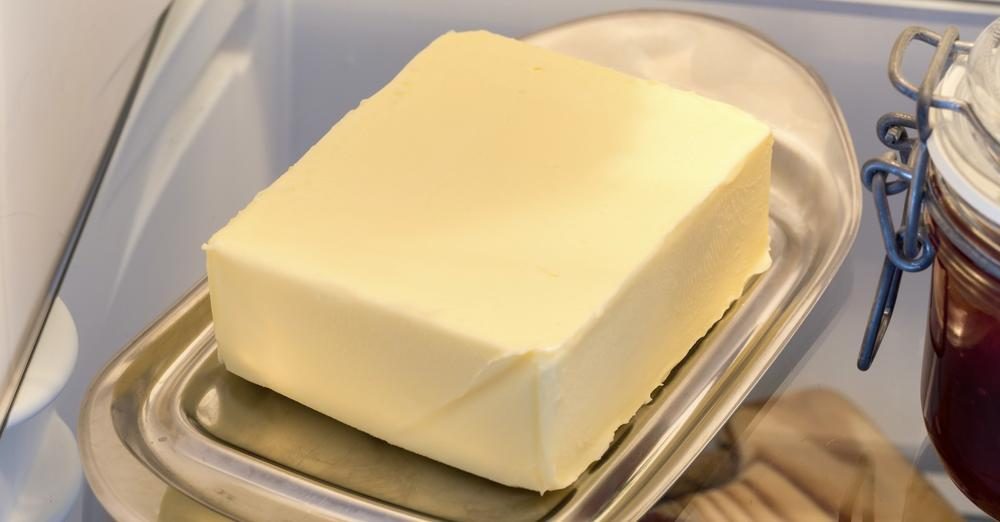Fridge Or Pantry: A Guide On Where Best To Store Everyday Food Items
The killing blow for any meal, no matter how simple it may be, is using stale ingredients. This is why knowing the proper methods of preserving every food item can never be overemphasized. One of the most common misconceptions that accompany this is that the fridge is always the best option, but that is not true for all food items. Below, we have outlined some food items and where best to store them: the fridge or the pantry.
;Resize,width=742;)
The number of foods that are best stored in the fridge is admittedly high, but there are just as many that can spoil if stored there. Knowing what they are will help you increase their quality and make more room for other items that should be in the fridge!
1. Coffee: Pantry

Coffee mixes are best stored at room temperature in the pantry; this keeps them fresh and void of any smell or taste they may get from other fridge products. However, particular coffee products may state that the mix should be stored in the fridge. Watch out for those!
2. Butter: Pantry

It may be surprising, but yes, you can keep butter outside the fridge for a few days. Experts say that unlike most other dairy products, butter is made from pasteurized cream, which helps repel bacteria and lengthen its shelf life.
3. Cheese: Fridge

Always keep your cheese in the fridge. This is because it has a very high protein content that bacteria can feed on. The softer the cheese is, the quicker decay sets in when you keep it outside the fridge.
So, hard cheeses can be stored in the cupboard. But if you have already opened them, use the fridge!
4. Eggs: Fridge

It is best advised that you keep your eggs in the fridge. This helps lower the risk of getting a salmonella infection; it also helps preserve its fresh taste.
5. Peanut butter: Pantry

Keeping peanut butter out of the fridge means that it will always be ready for use at any time! Experts say you can keep them out of the fridge for as long as three months.
6. Bread: Pantry

What goes best with peanut butter? Bread!
It is a common misconception that keeping bread in the fridge will prevent staleness! In fact, an airless fridge sets the perfect conditions for the decay process when it comes to bread.
It is best to keep bread in a tightly sealed bag and then place it in the cool, dry place that's your pantry!
7. Wine: Fridge

Wine, no matter what kind, or whether it is opened or not, should always be stored in the fridge.
If stored otherwise, oxidation, which causes decay, can set in. Keeping the bottle corked, upright, and cool will minimize the wine's exposure to oxygen.
8. Salad dressing, Ketchup, and Mayonnaise: Fridge

Salad dressing and mayonnaise are typically made with high protein ingredients like fresh eggs and cream, so they can spoil quickly. Keeping them in the fridge will slow down bacterial growth, thus keeping the quality. However, make sure to eat them as soon as you can.
Ketchup also always remains fresh when stored in the fridge.
9. Jam: Fridge

Jam is typically stored in the fridge, which is indeed the best thing to do as it prevents moldy growths. However, if the jam is unopened, you can still keep it in the cupboard.
10. Fresh Herbs: Pantry

Keep fresh herbs like basil away from the fridge. The fridge's temperate condition can cause the leaves of such a herb to become slimy or discolored.
Experts suggest storing herbs in a sealed container wrapped in a damp cloth or tea towel. This will provide just the perfect amount of moisture they need to remain fresh.
Some other condiments may be required to stay at room temperature, so always watch out for instructions on the packaging.
;Resize,width=767;)


;Resize,width=712;)
